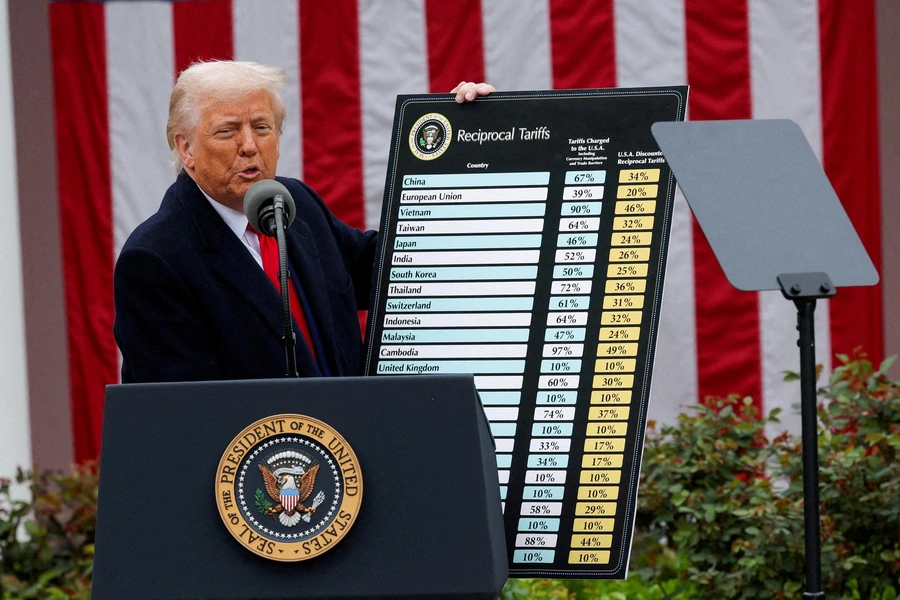
Filtering Greensboro’s restaurants by TripAdvisor‘s “5-bubble” rankings — indicating highest user ratings — shows some serious eats in Greensboro. TripAdvisor bubble ratings are based on “quality, quantity, and age of individual travelers’ ratings and reviews.” The company explains bubble ratings differ from popularity indexes because they are based on “an absolute measure of quality,” with five bubbles being “Excellent.” These are the top 5 Greensboro-area restaurants, according to TripAdvisor:
Jerusalem Market on Elm — Though this Jerusalem Market location has only been around since 2016, the family business has a long history in Greensboro. Serving up a variety of Mediterranean/Middle Eastern fare — including kebabs, falafel and salads — Jerusalem Market on Elm earns its top spot with a 5-bubble rating, accounting for 82 total ratings, 67 of which are “Excellent.”
Kin Thai Zabb Rice and Noodle — Technically located in High Point, this Greensboro-area Thai/Asian eatery has high marks for its food quality and service.
Himalayan Garden Restaurant and Bar — This Chinese/Nepali restaurant offers a variety of Asian fare, in addition to Indian Tandoor and breads.
Apple Spice Junction — Greensboro’s Apple Spice Junction location has a 5-bubble rating based on 10 “Excellent” reviews, with users mentioning its dependability for grabbing lunch or for catering.
The National Zoo’s panda program is ending after more than 50 years as China looks elsewhere
The three giant pandas tumble around in their enclosure at the Smithsonian National Zoo in Washington, DC, munching on bamboo shoots and leaves, climbing branches and generally looking adorable. For the steady stream of visitors, it’s their last chance to see Tian Tian, Mei Xiang and their youngest cub, Xiao Qi Ji, before the black-and-white bears head back to China on Wednesday. Their departure marks the end of more than 50 years of Chinese pandas being housed at the zoo, which was the first US zoo to showcase the bears as part of what’s been called “panda diplomacy.” Zoo staff call it a “hiatus” in their five-decade wildly popular panda program; Chinese officials have yet to say whether it will continue. And with relations between the two superpowers in a constant state of flux, these national treasures may be finding themselves part of the extension of the diplomatic chaos that has taken over the relationship between the two countries. The pandas’ departure from the National Zoo leaves Zoo Atlanta as the only other US zoo to feature pandas from China, and not for much longer. The contracts for Atlanta’s four bears expire next year, with no word on an extension.
India bars protests that support the Palestinians. Analysts say a pro-Israel shift helps at home
From Western capitals to Muslim states, protest rallies over the Israel-Hamas war have made headlines. But one place known for its vocal pro-Palestinian stance has been conspicuously quiet: Indian-controlled Kashmir. Indian authorities have barred any solidarity protest in Muslim-majority Kashmir and asked Muslim preachers not to mention the conflict in their sermons, residents and religious leaders told The Associated Press. The restrictions are part of India’s efforts to curb any form of protest that could turn into demands for ending New Delhi’s rule in the disputed region. They also reflect a shift in India’s foreign policy under populist Prime Minister Narendra Modi away from its long-held support for the Palestinians, analysts say.But in Kashmir, being quiet is painful for many.“From the Muslim perspective, Palestine is very dear to us, and we essentially have to raise our voice against the oppression there. But we are forced to be silent,” said Mirwaiz Umar Farooq, a key resistance leader and a Muslim cleric. He said he has been put under house arrest each Friday since the start of the war and that Friday prayers have been disallowed at the region’s biggest mosque in Srinagar, the main city in Kashmir. Anti-India sentiment runs deep in the Himalayan region which is divided between India and Pakistan and claimed by both in its entirety. In 2019, New Delhi removed the region’s semi autonomy, drastically curbing any form of dissent, civil liberties and media freedoms. Kashmiris have long shown strong solidarity with the Palestinians and often staged large anti-Israel protests during previous fighting in Gaza. Those protests often turned into street clashes, with demands for an end of India’s rule and dozens of casualties.














